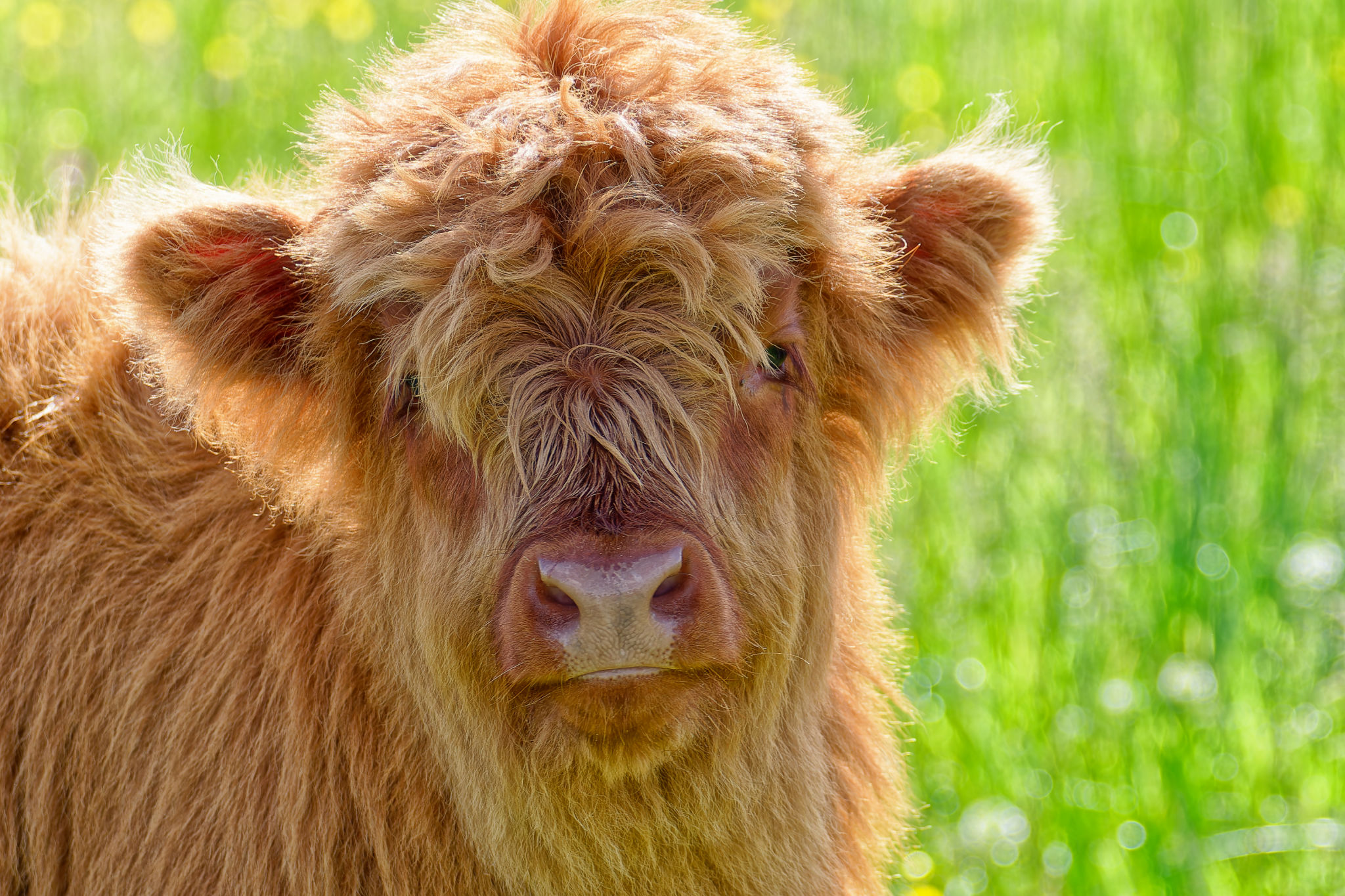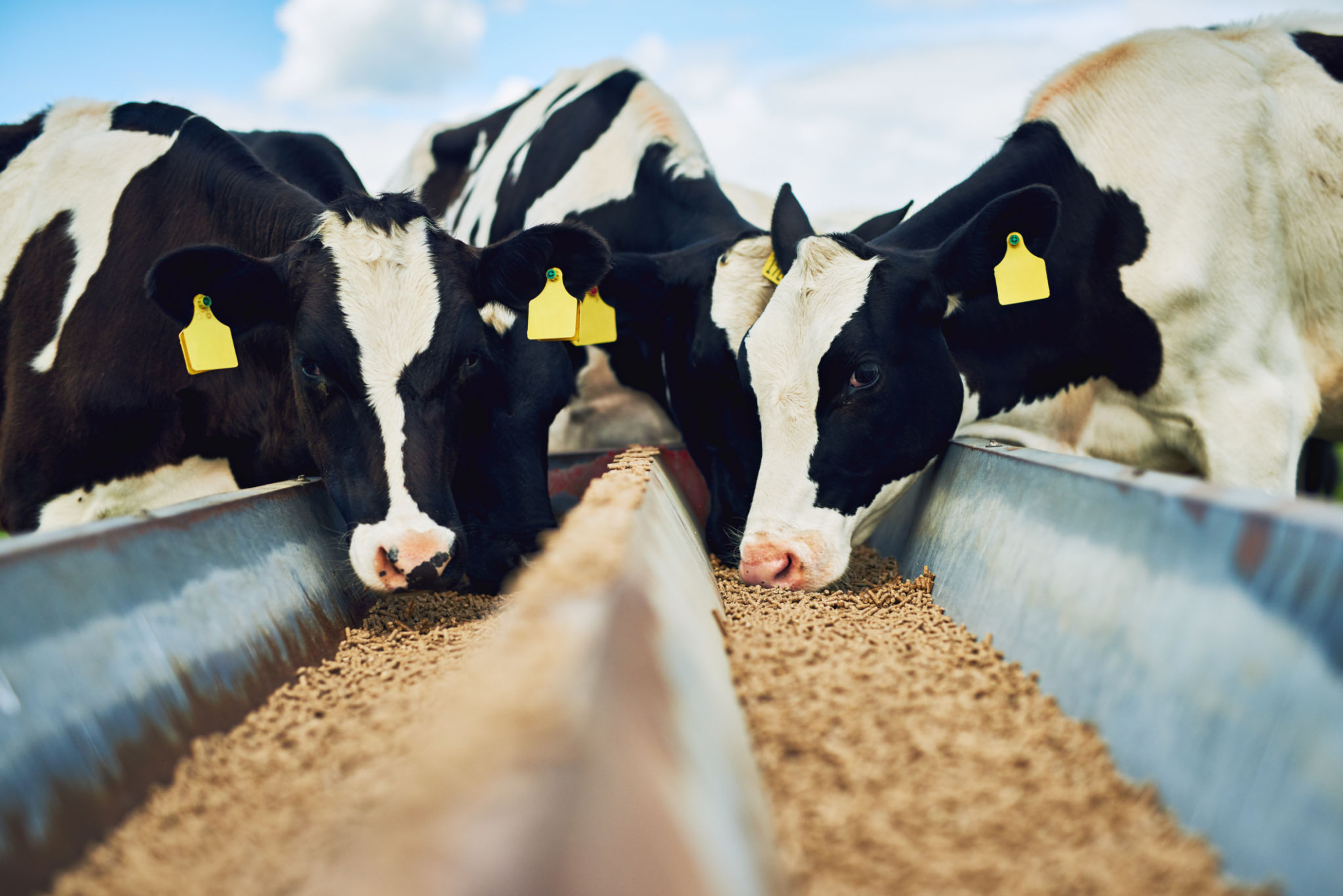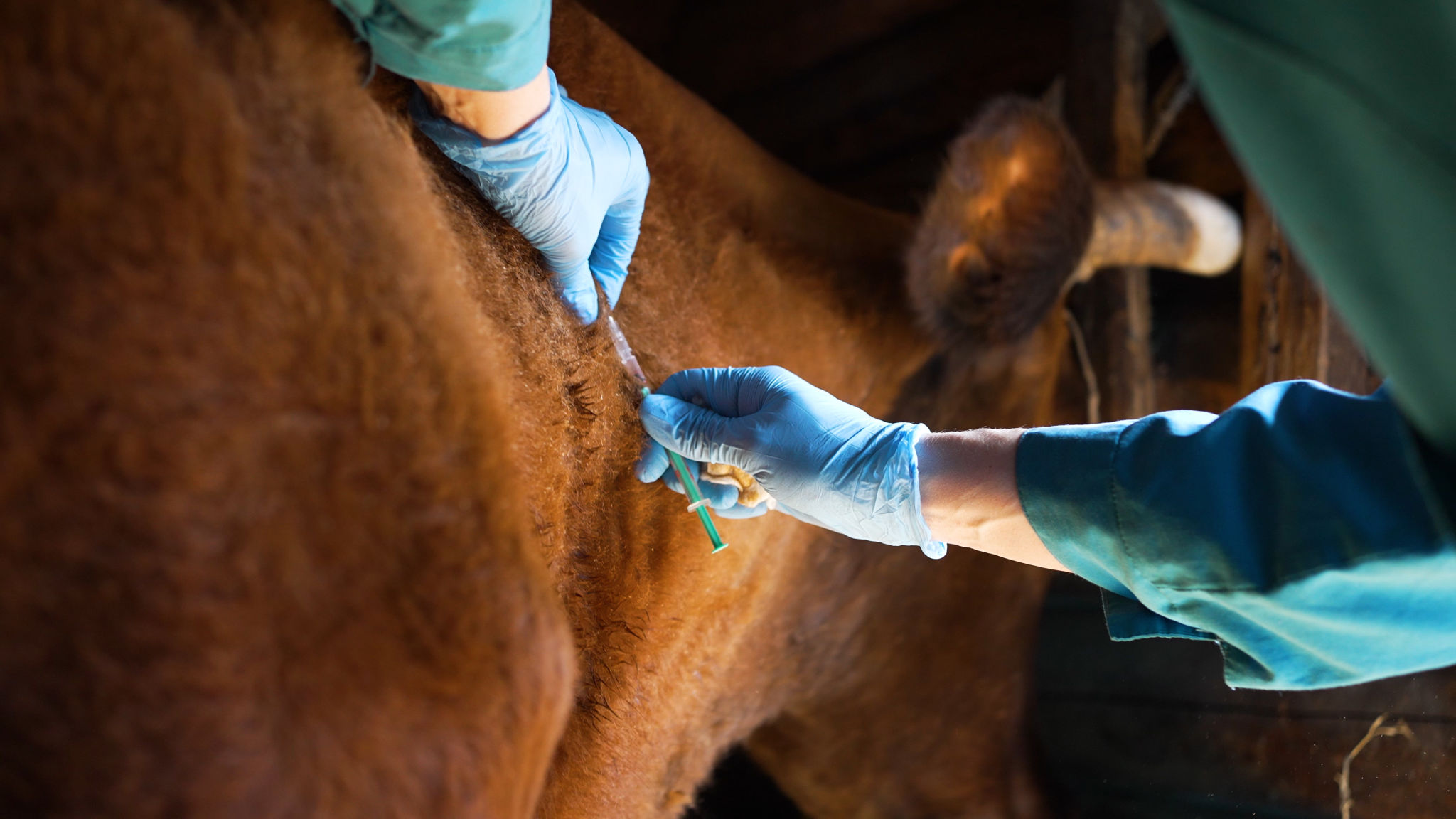The Ultimate Guide to Raising Mini Highland Cattle on Your Ranch
Getting Started with Mini Highland Cattle
Mini Highland cattle are a charming and manageable addition to any ranch, known for their distinctive long hair and friendly demeanor. Originally from the Scottish Highlands, these small yet sturdy animals are perfect for those looking to diversify their livestock without the challenges of larger cattle breeds. Before you bring these adorable creatures home, it's crucial to understand their specific needs and requirements to ensure they thrive on your ranch.

Preparing Your Ranch for Mini Highland Cattle
First and foremost, you need to ensure your ranch is adequately prepared to accommodate mini Highland cattle. This includes having enough pasture space and secure fencing. Ideally, you should have at least 2 acres of pasture per cow to provide ample grazing opportunities. The fences should be strong and high enough to prevent escapes, as these curious cattle may try to explore beyond their boundaries.
Additionally, provide shelter that offers protection from harsh weather conditions. While mini Highland cattle are hardy and can withstand cold temperatures, they still require a dry and draft-free space to rest and recuperate, especially during winter months.
Feeding and Nutrition
A well-balanced diet is essential for the health and productivity of your mini Highland cattle. Primarily, these animals thrive on a diet rich in grass and hay. It's important to supplement their diet with minerals, especially during the winter when pasture grass is scarce. You can provide a mineral block or loose minerals in a feeder to ensure they receive all the necessary nutrients.

In addition to grass and hay, consider providing a small amount of grain or commercial cattle feed to support their energy needs, especially for pregnant or nursing cows. Remember to always have fresh water available, as hydration is vital for digestion and overall health.
Health and Veterinary Care
Regular health checks are critical for maintaining the well-being of your mini Highland cattle. Establish a relationship with a veterinarian experienced in cattle care to assist with vaccinations, deworming, and general health assessments. Keep an eye out for common cattle ailments such as bloat, parasites, and respiratory issues.
Implementing a preventive health program will not only enhance the quality of life for your cattle but also prevent costly treatments in the future. Routine hoof trimming should also be part of their care regimen to prevent foot problems that could impact their mobility.

Breeding and Reproduction
If you plan to breed mini Highland cattle, understanding their reproductive cycle is key. These cattle typically breed naturally without much intervention. However, it's important to monitor the cows during pregnancy and provide extra care as needed. Gestation lasts about nine months, similar to other cattle breeds.
After calving, ensure that both the mother and calf are healthy. Provide a clean environment for the birth and monitor the calf’s nursing habits closely during the first few days of life to ensure it receives adequate nutrition from its mother.
Conclusion: The Joys of Raising Mini Highland Cattle
Raising mini Highland cattle can be a rewarding experience that offers both emotional fulfillment and practical benefits. Their gentle nature makes them excellent companions, while their unique appearance adds charm to any ranch setting. With proper care and attention, these delightful animals can become a cherished part of your agricultural endeavors.
